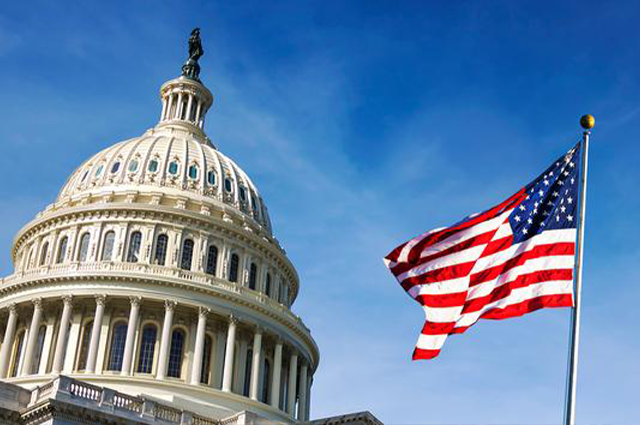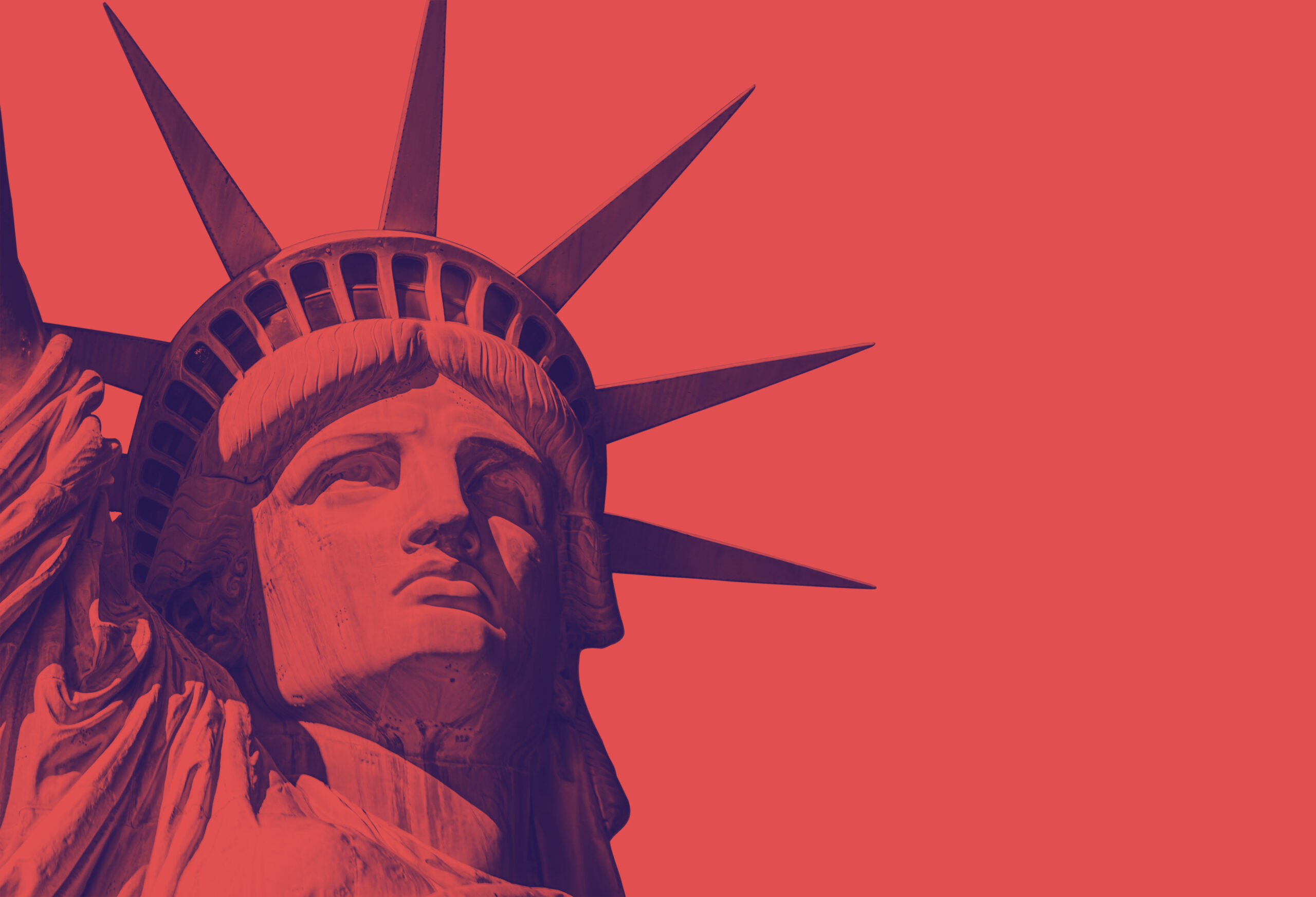It’s normal to be excited and nervous about your US visa application.
Today is the day you have been waiting for!
You just received the email notification of your appointment date and time for a US Embassy interview.
Now you are really nervous!
Whether you are planning to come to the US for school, or to get married, or to work, or any other reasons – none of this will happen without a successful US Embassy interview.
This may be one of the most important interviews you ever have.
While you can expect to be at the Embassy or Consulate for approximately two to three hours, the interview with the consulate officer is over in minutes.
The best thing you can do is be prepared. Know what they will ask and why.
Below are tips and information on how to have a successful US Embassy interview.
Be On Time
In some countries, it is customary to arrive a few minutes or even a half-hour late. This is not the culture at US embassies.
You won’t be allowed in more than 30 minutes before your appointment. But if you are late, you risk the embassy canceling your appointment. Make sure you leave time for traffic and parking. Be on time.
Be Organized
You are bringing lots of documents. Have them neatly organized and be ready to show them to the staff quickly. Fumbling around and searching for documents makes you look more nervous than expected. Prepare ahead and make this simple.
Be Confident and Know the Process
Know the visa interview process is in two steps so you can be prepared.
Step One: The interview staff collects your documents and puts the information into their system. They will also take your fingerprint with an electronic scan. Note, the embassy will not process your application if you have a cut on your fingers or thumbs, and they will ask you to reschedule.
Step Two: A consular officer will interview you under oath. You have spent months getting ready, but this interview will last only a few minutes.
Out of hundreds of questions they might ask you, typically, they ask only about seven to ten questions. (See below on how to be ready for these questions)
Bring Proof of Completed Medical Exam
Before your interview, you must have a medical exam with an authorized physician in the country where you will be interviewed. The embassy must approve your doctor, or your exam will not be accepted.
And you must complete your medical exam and the required vaccinations before the interview.
After your exam, your doctor will either send the results straight to the embassy or give them to you in a sealed envelope. Do not open the envelope! Bring the sealed envelope and hand it to the consular officer.
Bring ALL Required Documents
Make sure to bring ALL required documents, in original or certified copy form, or your application might be delayed.
Every applicant is unique, and your required documents vary depending on your situation.
But here are some documents you must bring:
Appointment Letter: This is the letter sent to you with the time and date of your interview appointment.
Passport: You and each visa applicant must bring an unexpired passport. It must be valid for six months beyond your intended date of entry into the US.
Photos: Each applicant must bring two identical color photos. You can see the requirement here, Photograph Requirements.
DS-260 Confirmation: You should have already filled out Form DS-260 online. The form is sent to you by the National Visa Center (NVC) before your appointment is scheduled. Bring the confirmation page to the interview.
Supporting Documents: You must bring original or certified copies of all civil documents you uploaded into the Consular Electronic Application Center (CEAC).
The embassy staff will return any originals to you but might keep the copies you gave them.
English Translations: Some documents might have required an English translation. If you did not send the translated documents to NVC, you must bring them to the interview.
Visa Fees: If you haven’t already paid all your fees to the NVC, you must bring the necessary fees to the US Embassy or Consulate at the time of the interview
The Interview with the Consular Office – What Should You Do?
Typically, the entire interview will be over in less than five minutes. The consular officer is there to help you, but they are extremely busy and have a backlog of applicants to interview. Here are the tips to help them as they are trying to help you.
At the beginning of the interview, the consular officer will tell you that they base your interview on answers on your form DS-260. They will inform you that you must take an oath and swear the information is true. And they will explain the penalty for providing false information or false documents to the US Government.
This usually makes everyone nervous, but just realize the consular officer tells this to every applicant, and it is just part of the interview. Don’t be anxious about it.
Consular officers are trained to “make every effort to conduct visa interviews fairly and professionally.”
Here’s what to do:
Be Concise: Answer all the questions honestly, openly, and briefly. If they want more information, they will ask for it.
Be Confident and Relaxed: You can be confident because you are organized and prepared. When you are relaxed and open, you are perceived as being more honest.
Speak for Yourself: For example, if you are a student, do not bring your parents. If you are getting a fiancé visa, you typically don’t bring your intended spouse.
Either way, the consular officer wants to interview you, not your family or others.
You will create a negative impression if you let other people speak for you.
Speaking English: Expect the interview to be in English and not in your native language. The more comfortable you are in English, the less stressful this will be for you. Practicing your English with a native English speaker is always helpful. If you are coming to study English as a second language, your interview will probably be in your native language. Other than that, practice your English before the interview.
Be Truthful – Always: If the consular officer asks you a question and you don’t know the answer, just tell them you don’t know. That is the correct answer. Do not make up an answer, do not lie, and do not exaggerate.
Know The Answers: If you think about the type of visa you are applying for, you can pretty much guess the questions they will ask you. (If you need help, contact our office on how to prepare for the questions)
For example, if you are applying for a student visa, they might ask the following:
Do you plan to return to your home country after completing your studies? They are trying to make sure you understand the terms of the visa and are not planning on overstaying after graduation. Your answer should include the strong reasons you want to go back after your studies, like family, a partner, or a business. Explain what you plan to do when you return home after graduation.
Do you plan on working while in school? The terms of an F1 visa allow you to work up to 20 hours per week while in school (and full time on campus during holidays and vacations if you are registering for the next semester). You might say to plan to focus on your studies but might work some on campus if possible.
Or as another example, for a financée visa, they want to make sure it is a legitimate relationship and might ask obvious relationship questions like:
- What are your fiancé’s hobbies & interests?
- What make/model/color is your fiancé’s car?
- What are your fiancé’s parents’ names?
- Will there be a problem with the children from his other relationship?
- Where do you plan to live in the United States?
- When and how did you meet your fiancé’?
- How long have you been corresponding with your fiancé’?
- What is your fiancé’s religious background?
If You Need to Reschedule
If for any reason you cannot make the interview or need to reschedule be sure to contact the embassy and reschedule with them. Here is the list of US Embassies and Consulates where you can find specific instructions.
ImmiVisa and the US Embassy Interview Preparation
Having a successful US Embassy interview begins with doing all the paperwork, documentation, and submissions correctly.
And then, when you get your appointment date and time, preparing is easy.
At ImmiVisa taking care of US visa applications and immigration issues is what we do.
It is ALL we do.
Our specialized team of immigration lawyers can help you find the easiest, least stressful, and least expensive best steps for a successful visa application and interview.
We keep up to date with all aspects of visa law and procedures, including US Embassy visa interviews.
Whether you just want the most current visa interview information or have any questions about getting a US visa – call us and let us help you with your next best steps.





